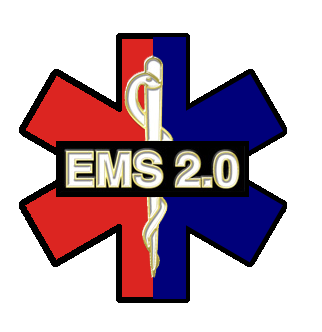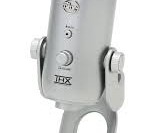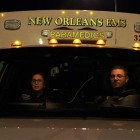
Apr 15, 2015
This weekend a number of friends on Facebook linked a video that was making the rounds of a person presumed to be in cardiac arrest in a car in front of a bus stop. This scene provides with a number of important lessons. First you see an SUV in the middle of the road with people yelling at the driver asking him if he is okay. 9-1-1 is called and somebody starts doing chest compressions on the person before removing him from the car and placing him in the road. CPR is continued until EMS arrives. At the end of the video you see the driver being wheeled to the ambulance sitting up appearing to be conscious on the stretcher. The video itself spans about seven minutes and I encourage everyone to take the time to watch the entire thing from beginning to end. Some content might be difficult to watch and there is some language that might be considered offensive used by those watching the scene unfold. Regardless of that though, there are a few lessons that I think both the EMS community and the general public can learn from this. http://medicsbk.com/wp-content/uploads/2015/04/Street-CPR.mp4 There are still people out there who are willing to help – In a world dominated by social media, Twitter and cell phones people seem to either want to record or just call for help and make a potential emergency somebody else’s problem. Seeing this video is reassurance that there are still people out there who will get their hands dirty to benefit another person. They saw somebody in distress and they acted. They realized that doing something is better than doing nothing. When you call 9-1-1 help is on the way almost immediately – Confusion is common. People misidentify locations in fact, I can tell you that happened here. Once a location is confirmed help is on the way but for dispatchers that is not where their job ends. If there is one place that a dispatcher’s role in providing prearrival instructions can save a life it is in the case of a patient in cardiac arrest. The bystanders can insist that the caller “just tell them to come!” until...










Recent Comments